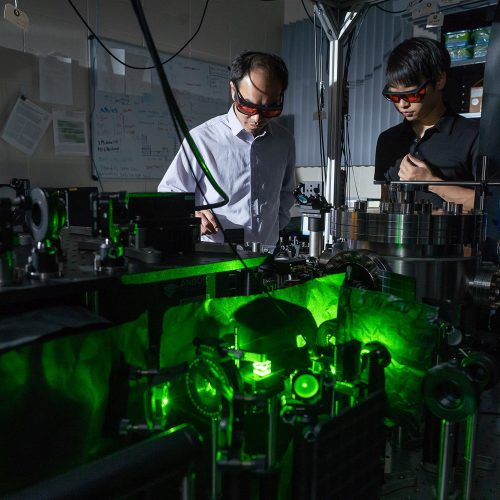
Tiny ‘dumbbells’ that spin 60 billion times a minute may help solve quantum mysteries

Tiny ‘dumbbells’ that spin 60 billion times a minute may help solve quantum mysteries
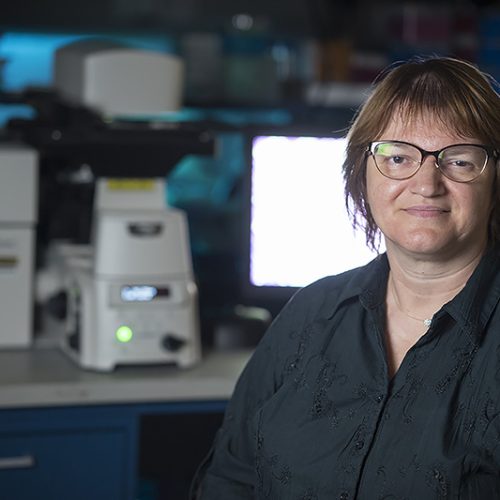
New 3D, curved technology provides hope for patients and doctors battling some of the most devastating types of cancer
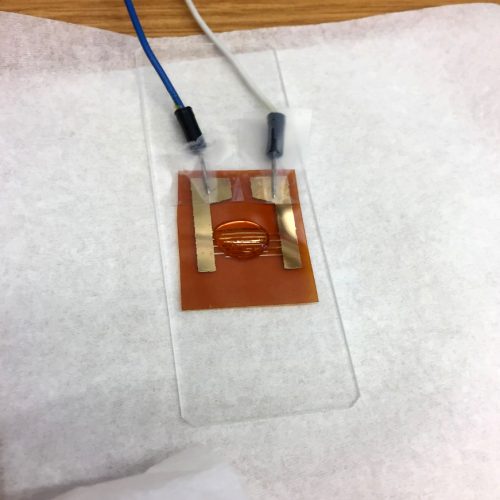
Purdue researchers developing device that detects mosquito-borne diseases, giving health officials time to take action

Prof. Joerg Appenzeller receives 2018 Aristotle Award
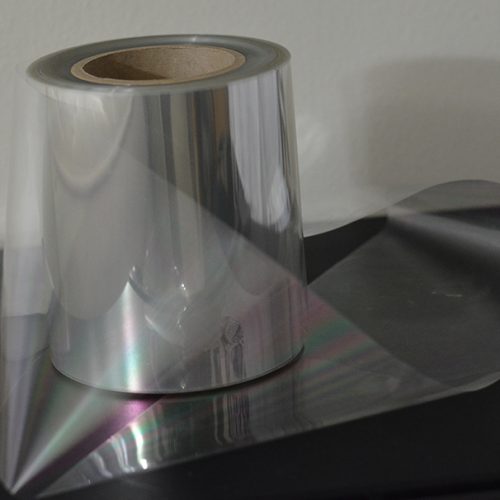
Changing the grocery game: Manufacturing process provides low-cost, sustainable option for food packaging

Engineer-scientist chosen for Purdue’s 2018 Arden L. Bement Jr. Award

Water-repellent surfaces can efficiently boil water, keep electronics cool

Researchers at Purdue, Stanford devise novel ultrafast laser beam steering for autonomous cars that is less complex, uses less power
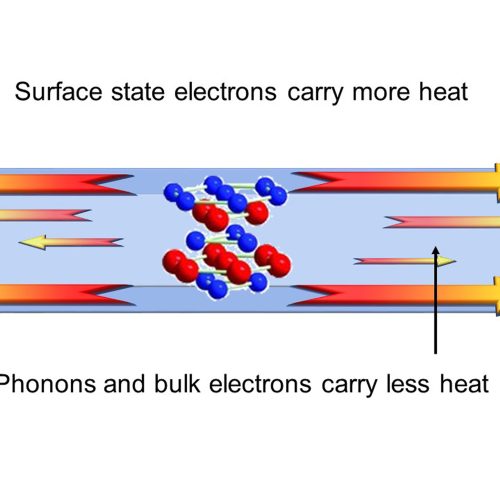
Very thin film could help manage heat flow in future devices
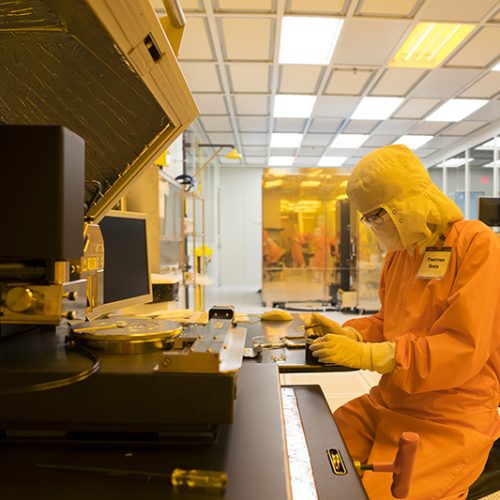
NEW LIMITS center to enhance computer chip parts for upcoming advancements